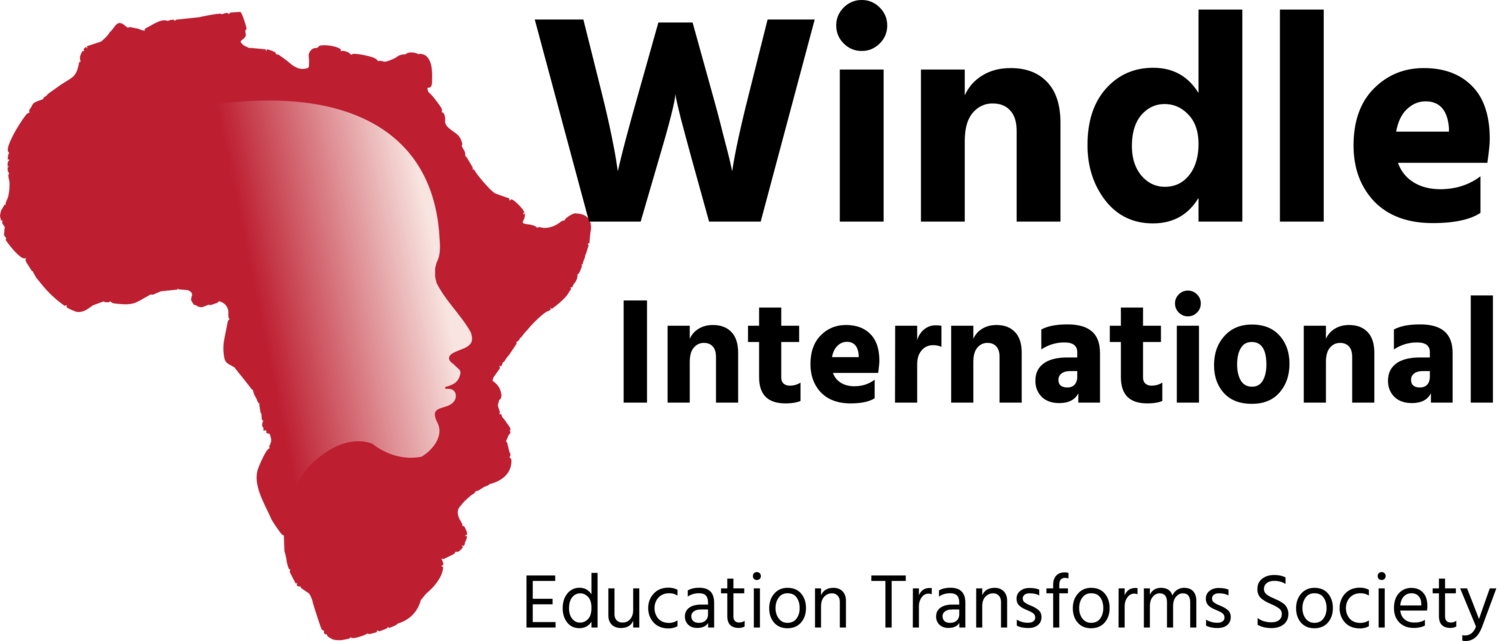Successful programme sees children returning to school in South Sudan
Thanks to funding from UNICEF, Windle Trust International (WTI)’s Community Education Resilience programme has seen children successfully supported to return to school after 14 months of closures.
The programme continues to be implemented across urban areas of three states in South Sudan – Central, Eastern and Western Equatoria. The support includes a Back To Learning campaign, which works with the community to support children to return to school in various ways. It also delivers teacher training, and training for Parent Teacher Associations, as well as providing school supplies. As part of the campaign, peacebuilding, child protection and life skills are also developed through ‘peace clubs’ in schools.
WTI is a member of Windle International with offices in South Sudan, Sudan, and the UK. It has vast experience of working across East Africa, particularly in the areas of Girls Education, English Language training, teacher training, and tertiary education.
In April 2021, government ministers recognised the devastating impact of school closures on children and called for schools to reopen in May. This was welcomed by WTI, following its dire warnings that much of the progress made in South Sudan to increase the number of children – particularly girls – in school had been lost due to the pandemic. In partnership with the Ministry of General Education and Instruction and UNICEF, WTI started implementing the programme immediately, rolling out campaigns and engaging local communities.
Activities focused on the following areas:
Working with influential women leaders to champion education
One of the issues raised consistently by learners and practitioners in South Sudan is the lack of female role models for girls. Visible representation is crucial for motivating girls and women and helping them to understand the importance of education, so WTI worked with the Ministry of General Education and Instruction’s Director General for Gender and Inclusive Education – Mrs. Esther Okuma. She undertook radio broadcasts – one of the most effective means of communicating with large audiences across rural areas – to reach communities with her positive messages on girls’ education, and the safe reopening of schools. WTI also held press conferences and undertook interviews with national and regional media.
Supporting community leaders, elders and education officials
Across Africa, elders are respected and trusted as mediators, facilitators, and holders of knowledge and wisdom – both individual and collective. As such, they wield much influence within families and communities, so WTI worked with them to share messages about the positive impacts of returning to school for children and young people.
Steward Kutiyote, country leader for South Sudan at WTI, said: “In our many years of work in South Sudan, we know that when schools, parents, families, and communities and their leaders work together to support learning, students’ numbers increase in schools and attend school more regularly, stay in school longer, and enrol in higher level programmes.
“With this experience, we organised Back to Learning Campaign events in all the three State capitals of Juba, Torit and Yambio and invited community leaders and elders to address the gathering. When elders give their support to education programmes, it encourages parents to send their children to school.”
Traditional dance and music events
Dance and music play an important role in the history and culture of South Sudan and its people. Community events marking important occasions and incorporating community messages are popular. At one such event as part of the programme, over 400 people attended, including head teachers and Parent Teacher Association chairpersons from 8 schools in Juba.
Community mobilisation and engagement
WTI worked with local communities to help them identify and plan education activities, and provided a forum to discuss challenges affecting children’s education. By supporting the community to build its own capacity, it helps them to address their challenges themselves through empowerment and support.
David Masua, WTI’s Executive Director, said: “The programme has been a success and we can clearly see the results in the number of children who have reported back to school after the long period of closure. We’ll continue with the distribution of UNICEF-provided school supplies to support the large number of families and schools who cannot afford learning materials. We’ll also be continuing to work with teachers, school leaders, communities and children themselves to improve the quality of the education they receive, and improve the number of children staying in school.”
For more information, visit WTI’s website at: https://windle.org.uk/news/back-learning-campaign

